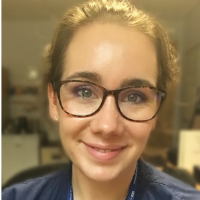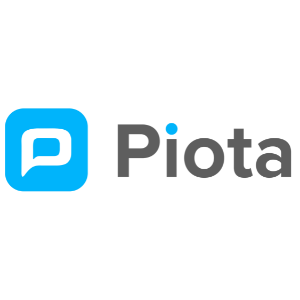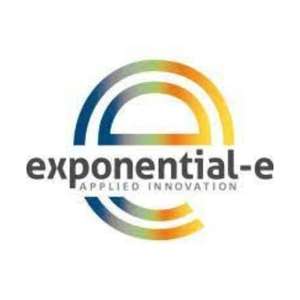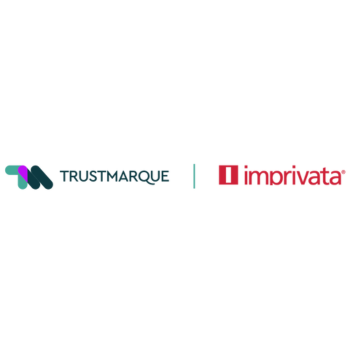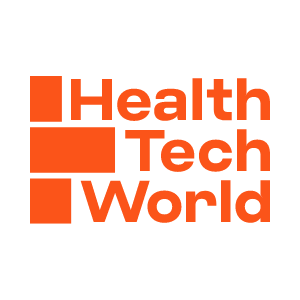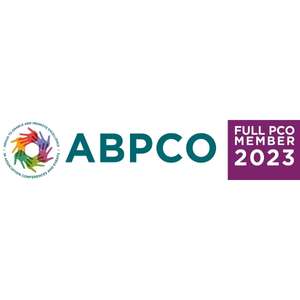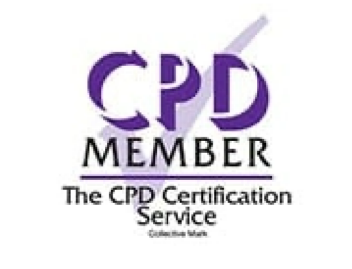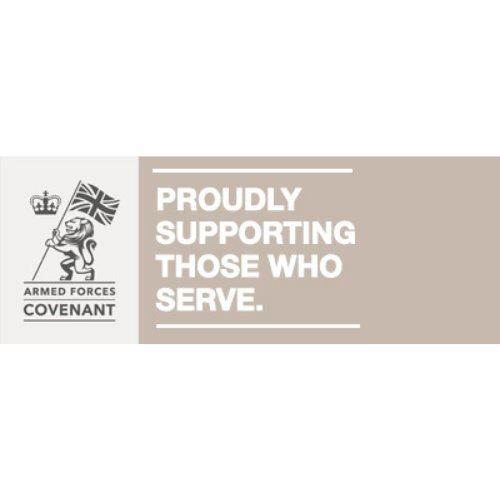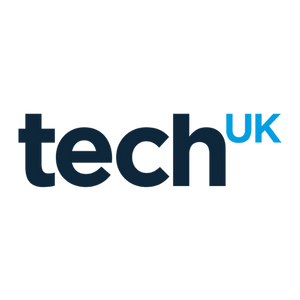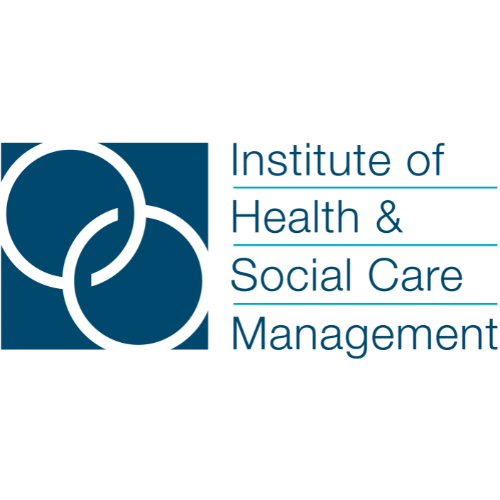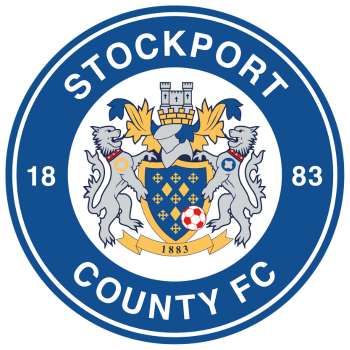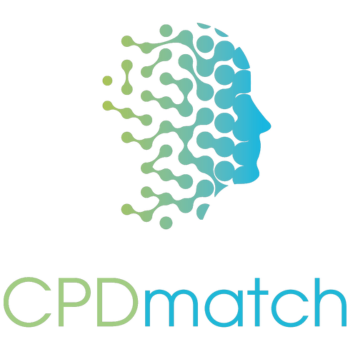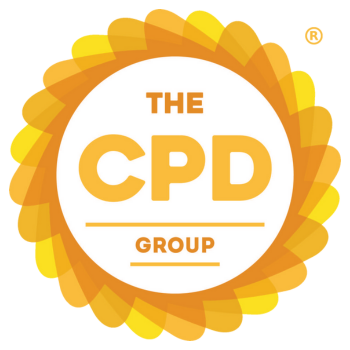The Agenda
10:50
NHS Digi Trials – providing data and technology solutions for clinical trials (Confirmed)
Andy Rees
Clinical Trials Operations Manager
NHS Digital
The presentation will cover an overview of the NHS Digi Trials service offer, our development journey and how we are supporting the delivery of data-enabled clinical trials.
It will set out how we are delivering a range of benefits for patients, the NHS and clinical trialists. Including widening the opportunities for patients to take part in clinical trials, reducing the cost and complexity of developing new treatments, as well as reducing the cost of medicines for the NHS.
The presentation will include a number of case studies. ** 5 Minute Q&A included **
11:15
Fear of Real Time Data Analytics & Actionable Intelligence
Dick Wall
BI consultant
Trustmarque
Claire Burnett
Sepsis Lead Nurse and Critical Care Outreach Nurse
Royal Berkshire NHS Foundation Trust
Case Study - Trustmarque
Does real time data create a fear of the unknown and concern around unactionable intelligence? NHS Managers ICS leaders are increasingly overwhelmed by data/reports and this pressure is expected to increase with the digital hospital programmes.
How do clinicians respond to real time data without increasing the risk of critical information for decision making being missed? Data isn’t a stick to beat yourself with, by uncovering the unknown clinicians support and often exceed existing national standards.
Royal Berkshire Foundation Trust (RBFT) is developing its actionable intelligence and data assistant platform that has been designed to streamline the way staff interact and access real time data by helping managers focus on actionable intelligence.
The platform tracks KPIs in real time and helps to notify managers when they need to take action. Over the last few years RBFT has developed TiNA based real time analytics solutions to help support the management of deteriorating patients and the efficiency of patient flow. By attending this session, you will see the power of real-time data you can plan on, act on, count on.
11:40
Underpinning population health management with data Population health management (Confirmed)
Dr Simone Yule
GP, Clinical Director and PHM lead
Dorset ICS and NHSEI
An overview of a PHM approach using linked data, to design interventions and the use of predictive algorithms in the development of a proactive care programme
12:05
Case Study - Piota Healthcare Apps (Confirmed)
Chris Elkin
Head of Healthcare
Piota Healthcare Apps
Case Study ** 5 Minute Q&A included **
Piota is a leading provider of Healthcare Apps to the NHS.
During this session we will demonstrate how Healthcare Teams like yours are using the Piota App platform to:
- Reduce ‘digital exclusion’ amongst colleagues
- Increase staff wellbeing & engagement
- Save valuable clinical time by making operational information easily accessible
- Empower patients whilst improving their overall experience
Comfort Break
12:40
Data, To Me, To You (Confirmed)
Daniel Hallen
Head of Digital Technology and Digital Urgent & Emergency Care
NHS England and Improvement – North West
A snapshot of data security in the NHS and the value of our data to ourselves.
13:05
Healthcare Data Management: Digital Preservation of Medical Records
Teo Redondo
CTO and Head of Research & Development
LIBNOVA
David Giaretta
CEO
Giaretta Associates
Some of us have sample of our own data from the NHS – MRIs, X-rays and retinal scans and some records of texts and prescriptions – let’s say 1GB.
There are about 60 Million people in the UK. If they have about the same amount of data over their lifetimes that is a total of at least around 60PB. The real number is probably a lot more – hundreds of Petabytes, maybe Exabytes.
This information is encoded in the form of text, emails, sets of images, databases, specialised formats such as Nifti, Minc, DICOM, and no doubt many more. Each of these pieces of data has its own “metadata”, without which it cannot be identified or understood. Some “metadata” is encoded in the files and other “metadata” is held externally in databases. An important question is whether there is enough of each kind of “metadata”.
Medical records must be preserved (https://www.nhsx.nhs.uk/media/documents/NHSX_Records_Management_CoP_V7.pdf), for example GP records must be kept for the lifetime of the patient plus at least 10 years – so this could easily be close to 100 years. The authenticity of the records is a key concern.
The bits from the past need to be made into usable information, which can be used and perhaps compared and combined with more recent information. Health professionals rely heavily on software systems to do this and the software systems depend on the bits and the correct “metadata”.
Over even 10 years we know that software, format definitions, and systems on which we depend, change. Over 50 years paper records can be kept on a shelf and still be useful. If we do the same for digitally encoded health information we will find that the bits cannot be read, and even if we could read them the software and other “metadata” will not be available.
In many ways the health system is like Big Science, such as the Large Hadron Collider and huge astronomical sky surveys. These each generate 100s of Petabytes which must be preserved so that the data can be reprocessed in the future. LABDRIVE has been developed to preserve the complex information at massive scale. Even the challenge of ensuring that the bits have not been changed by errors on disks becomes a massive computational issue when calculating and comparing the hashes of each object.
We believe the lessons learned in the development and use of LABDRIVE in the areas of big science will be useful in the health area to ensure that the massive volumes of a huge variety of types of information are preserved so that they can be re-used into the future.
13:30
Linking health and social care data to improve services (Confirmed)
Jon Coolican
Head of Data Controls and Governance
NHS Arden & GEM CSU
Diane Clark
Senior Business Analyst
NHS Arden & GEM CSU
Linking the data we hold about patients and clients in their health and social care records can help to improve the quality and experience of care for individuals, while also improving service planning for populations.
But joining up health and care data must be done securely and in close collaboration with both data providers and the communities they serve.
These principles underpinned a national programme of work undertaken by NHS Arden & GEM CSU and the Department of Health and Social Care to enable local authorities to submit standardised adult social care data into a secure environment to be linked with health data.
The Adult Social Care – Client Level Data programme now has 35 local authorities flowing data, with a further 76 in the onboarding process, which is already enabling both councils and ICBs to better understand their services and the impact on clients.
In this session, we will cover the governance challenges this programme presented, how they were overcome and how organisations are being supported to submit and access data on an ongoing basis, providing a bridge between health and social care.
13:55
Case Study - Exponential-E
Jonathan Bridges
CIO
Exponential-e
Case Study - Exponential-E
With an increasing amount of data being created and stored comes an increase in the challenges surrounding it. How can you manage, share and store it securely and effectively whilst continuing to improve patient outcomes? It is crucial to be able to optimise the use of this data, as well as ensuring cost efficiency across departments.
Our CIO, Jonathan Bridges, and Director of Public Sector and Unified Platforms, Afshin Attari, will be discussing the impact of increased cyber-attacks and the threat this poses to your patient data, whilst looking at how developments in Cloud Technology can mediate this. They will also explore the need for structure within your storage environment and how to automate this structure with hybrid workflows for departments across the health sector.
14:20
Setting the digital security standard: West Suffolk NHS Foundation Trust - Amir Khan, Public Sector Specialist (Confirmed)
Case Study - Zivver ** 5 Minute Q&A included **
Amir Khan, Public Sector Specialist
14:45
AI/ML-based integration of multi-modal and pre/clinical data to globally translate stratified medicine (Confirmed)
Dr Anguraj Sadanandam
Team Leader
The Institute of Cancer Research
Tumors are heterogeneous and unresponsive to current treatment regimens due to the lack of biomarkers to stratify patients that respond effectively to the treatment. During the presentation, I will discuss our efforts to systematically identify multimodal biomarkers (and develop diagnostics) that stratify cancers into subtypes with distinct prognostic and therapeutic outcomes to manage the disease better.
We integrate simultaneously multimodal and phenome data using cutting-edge AI/ML techniques to explore inter/intra-tumoral and immune/stromal heterogeneity and identify and validate (using preclinical and clinical studies) the potential effective personalized therapy options applicable globally, including underserved populations, for patient benefits.
Close of Day





